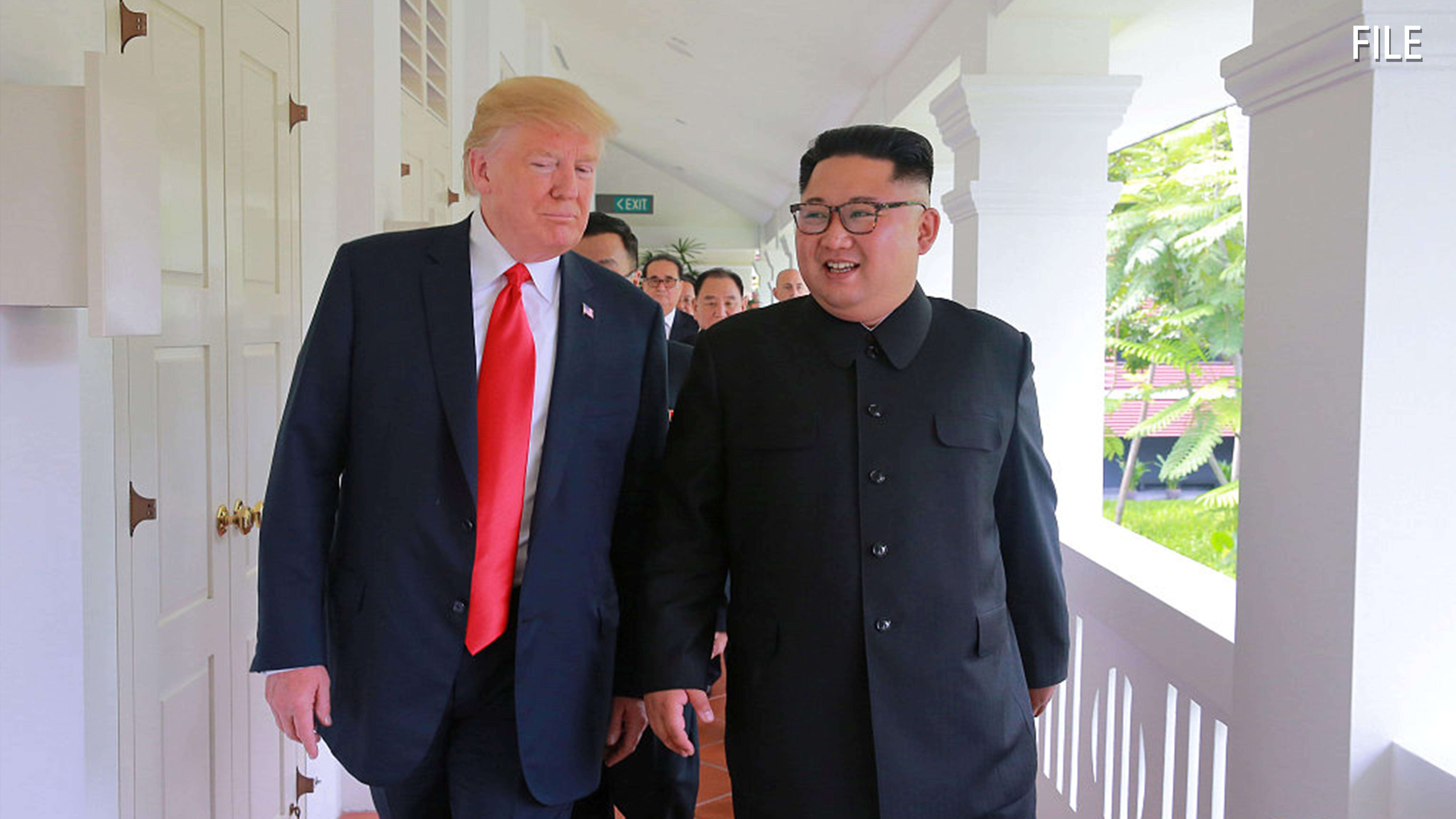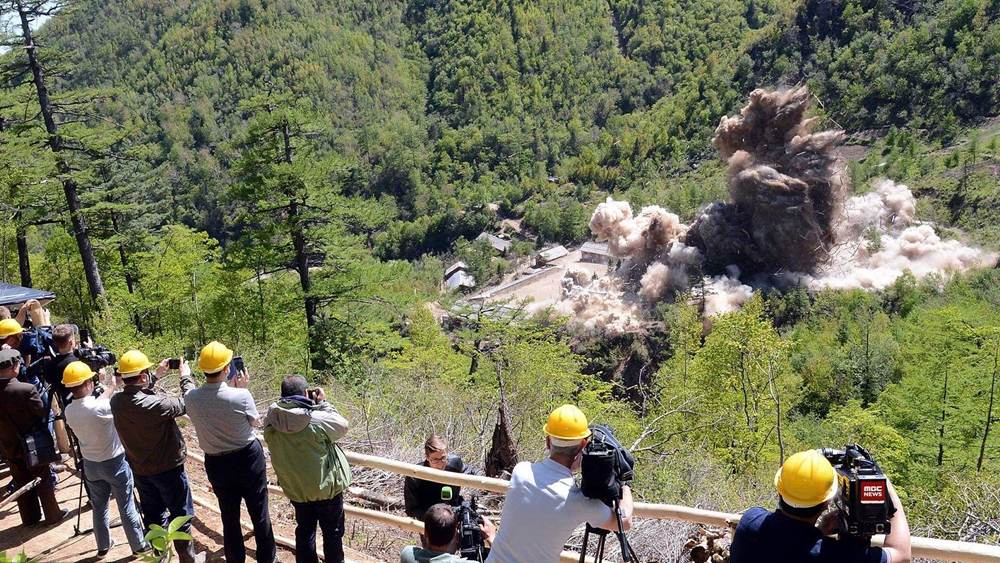
Asia Pacific
15:20, 26-Feb-2019
Decoding the U.S.-DPRK impasse: No agreement over denuclearization definition, process
Nayan Seth and Shang Jianglong
02:32

Since the Trump-Kim meeting in June last year, the two sides have failed to reacha consensus on multiple issues.
The U.S. president is upbeat before his second big meeting with the DPRK leader. However, few analysts share the same optimism. They believe progress has been slow in the denuclearization talks.
Trump and Kim met in June last year in Singapore and agreed, in principle, to work towards the denuclearization of the Korean Peninsula.
Though the rhetoric has cooled, the path to permanent peace remains a rocky one. There are three key sticking points that have stalled the current round of negotiations.
First is the process of denuclearization. The DPRK believes the U.S. must take corresponding measures to the ones it has taken. It cites as proof of its intentions the dismantling of a nuclear testing site, and no new nuclear missile tests.
But U.S. Secretary of State Mike Pompeo stressed complete and verifiable denuclearization before economic sanctions can be eased.

The Punggye-ri nuclear test site is demolished in front of the international media in Punggye-ri, May 24, 2018. /VCG Photo
The Punggye-ri nuclear test site is demolished in front of the international media in Punggye-ri, May 24, 2018. /VCG Photo
Though recently the U.S. has indicated that it may take some corresponding steps to resolve the impasse, Pyongyang also wants the U.S. to agree to an official end to the Korean War and guarantee the security of Kim's regime.
But Washington insists it should first sign a disarmament deal. Experts say the United States is reluctant as a formal end to war would undermine the rationale for stationing 28,000 American troops in South Korea.
This leads to the third and possibly the most contentious part the definition of denuclearization.
For Pyongyang, it means reciprocal steps to get rid of nuclear weapons. These include requiring the U.S. to remove its nuclear umbrella from the peninsula. But for many in Washington, it means Kim handing over his nuclear weapons and missile systems and allowing access to international inspectors. In November last year, the DPRK's official news agency published an article demanding Washington revoke its nuclear threat to the Korean Peninsula before asking it to denuclearize.
The United States operates a network of nuclear-capable submarines and bombers off the coasts of South Korea and Japan. Pyongyang remains skeptical of Washington's motives, as it doesn't want to end up like Libya, where the then leader Mohammad Gaddafi gave up his nuclear ambitions only to be later overthrown by the U.S. and its allies in 2011.
So can the United States convince Kim Jong Un to trust them and abandon his nuclear arsenal? Analysts say that won't be easy.

SITEMAP
Copyright © 2018 CGTN. Beijing ICP prepared NO.16065310-3
Copyright © 2018 CGTN. Beijing ICP prepared NO.16065310-3